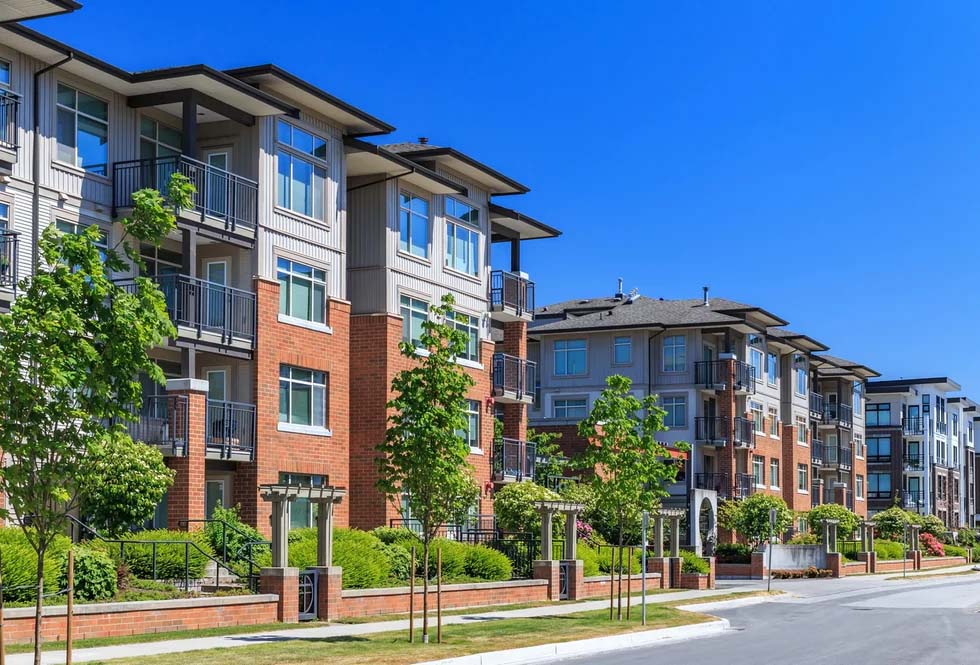What is Commercial Property Management?
Welcome to our Salem, Oregon, commercial real estate management blog! You may wonder, "Why should I invest money in commercial property management?" To guarantee that your investment is as productive and profitable as possible in Salem, Oregon, you must choose the ideal team. To help you make the best decision for your property, we will cover commercial property management from every angle in this article!
Commercial Property Management for Dummies (Not Really)
Commercial property management refers to overseeing the administration of many commercial properties. This category includes office buildings, retail stores, warehouses, residential buildings, industrial structures, hotels, and shopping complexes, amongst other types of buildings. The fundamental goal of commercial property management is to maximize the financial returns for the owners or investors of the property by ensuring that the property's assets are managed and maintained acceptably.
At its most basic level, commercial property management involves a wide range of activities, including lease negotiations and renewals, tenant relations, budgeting, marketing, and property maintenance. Property managers must have an in-depth knowledge of the local real estate market to handle these activities properly. They also need specialized knowledge around each form of property as different investment strategies depend on the subject unit. For example, retail properties provide multiple revenue streams with how leases are structured, which will differ from an apartment complex.
Property managers are accountable for managing their properties' finances in addition to tenant-related concerns. This entails determining the rent levels, obtaining fees, controlling the budget, and keeping an eye on spending. The rules and regulations that apply to the property and its renters must also be updated.
Property managers need to be familiar with the neighborhood market and quickly judge a property's worth. They must be able to see possible issues and counsel their clients on raising their property value. Property managers must be competent in settling conflicts since they mediate between landlords and renters.
Finally, property managers are responsible for maintaining the Last. Still not least, property managers are in charge of maintaining the building, covering everything from repairs and upgrades to landscaping. They must be able to evaluate the property's state and determine what must be done to keep it in prime shape.
Managing commercial properties is a complex and demanding profession. Property managers need to be capable of handling various jobs, have a keen eye for detail, and understand the local market. When done correctly, it is a task that calls for both expertise and experience and may bring owners and investors significant profits.
What is a Commercial Property Example?
Any real estate utilized for commercial activities is referred to as commercial property. Commercial real estate examples include offices, warehouses, shops, dining establishments, and multifamily housing.
The most typical sort of commercial property is an office building. Examples are one-story office buildings, enormous multi-story structures, or even complete office complexes. Businesses frequently rent out these structures to enable them to establish a physical presence for their clients.
Another category of commercial property is retail establishments. This can include independent retailers like supermarkets, convenience stores, and department stores. Malls, strip malls, and retail centers might also be included. Customers can purchase goods and services from retail establishments.

Additionally, restaurants are considered to be forms of commercial real estate. These establishments might range from little coffee shops to large fast-food franchises. The size and atmosphere of the restaurant will be shaped according to the type of cuisine served there.
The fourth kind of commercial property is made up of residential constructions that have many apartments. In most cases, they are residential buildings that provide space for lease to occupants. Depending on the dimensions of the city or town, these constructions may be relatively large or quite small.
Commercial real estate makes up a sizable component of the real estate market. In addition to providing housing for people, it also provides businesses with the space they require for things like offices and retail stores to operate. Commercial real estate, regardless of size or location, is crucial to the economy's operation.
Commercial property management is a fantastic method to increase the value of your business properties and make sure they continue to be a wise investment. Your properties will be expertly taken care of with the correct team of property management experts, allowing you to concentrate on what counts – expanding your company and producing money!


